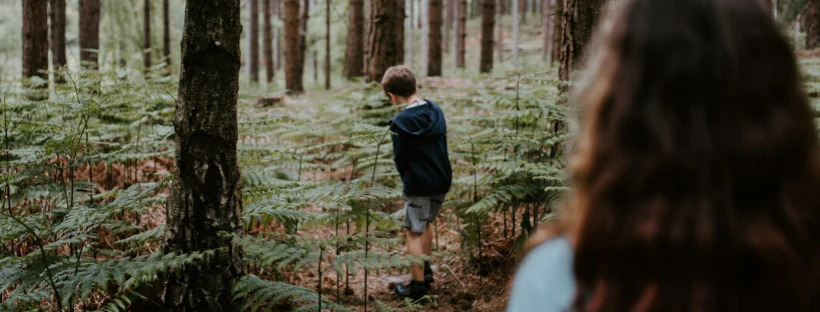Read Next
How to become a mindful consumer and live sustainably

Roses are red, violets are blue. I'm going green, how about you?
"Going green" and "sustainable living" have become quite trendy terms in recent years, but why is this the case, and what does this lifestyle look like in practice?
Just the other week millions of people around the world, myself included, switched off their lights for Earth Hour. These people didn't do it because they wanted to save money, or because they wanted an excuse to whip out the candles. No, they did it to help save our planet, to raise their voice for nature.
The Earth Hour website makes it very clear as to why taking this type of action matters:
"We think we have time. But nature needs urgent support right now... Nature is our lifeline. It gives us life - the air we breathe, the water we drink and the food we eat. Without nature, we wouldn't be able to survive. But there is a solution..."
What's that solution? Sustainable living and development.
The World Commission on Environment and Development defines sustainable development as "development that meets the needs of the present without compromising the ability of future generations to meet their own needs".
Breaking this definition down, EcoCult further defines a sustainable item or action as one "generating environmental, social and economic benefits, while not using up too many resources or causing pollution". They also go on to say that while "sustainability includes eco-friendly activities and green products... green doesn't necessarily mean sustainable".

So with all these terms out there, from "green" and "eco-friendly", to "organic", "Fair Trade" or "clean", how can you be sure you're practising sustainable living? Well firstly, I recommend you check out this article by EcoCult. Here you'll find a nice explanation for each of these terms, and how they differ from one another.
Secondly, mindful consumption is a great approach to get you moving in the right direction. Mindful consumption (MC) is the brainchild of American business professors Sheth, Sethia and Srinivas, and puts you, the consumer, at the centre of sustainability. To be a mindful consumer you must care "for [your]self, for community, and for nature". You must consider the impact your actions and buying decisions have on all three of these areas in that you should not simply consume for your own benefit, but for the benefit of the community and nature as well.
Michael and Masa from The Minimalist Vegan go into detail here as to how you can become a mindful consumer, from using products that are free from animal cruelty and toxins, to supporting "brands that do not exploit workers" and that are "environmentally conscious and try to reduce waste in their production process". If this sounds like something you're interested in, I recommend you check out their blog 100+ simple tips to live a more sustainable lifestyle.
Here they float ideas such as composting, using recycled toilet paper with plastic-free packaging, planting a tree, not buying bottled water, and simply supporting brands that are ethically and environmentally conscious. (Remember, if you want some help finding these sustainable brands, just check out our Greenfinder eco-friendly marketplace here!)

At the end of the day, as Michael and Masa put it so perfectly, "we've become so disconnected from where our products come from. To the point that our decisions are destroying the lives of others and the planet... [Practising mindful consumption is really] all you can do as a consumer. Do your best. Go that extra mile. Ask the extra question. Be more considerate. More mindful. One purchase at a time." So go ahead, nature's calling out for you to start today.






